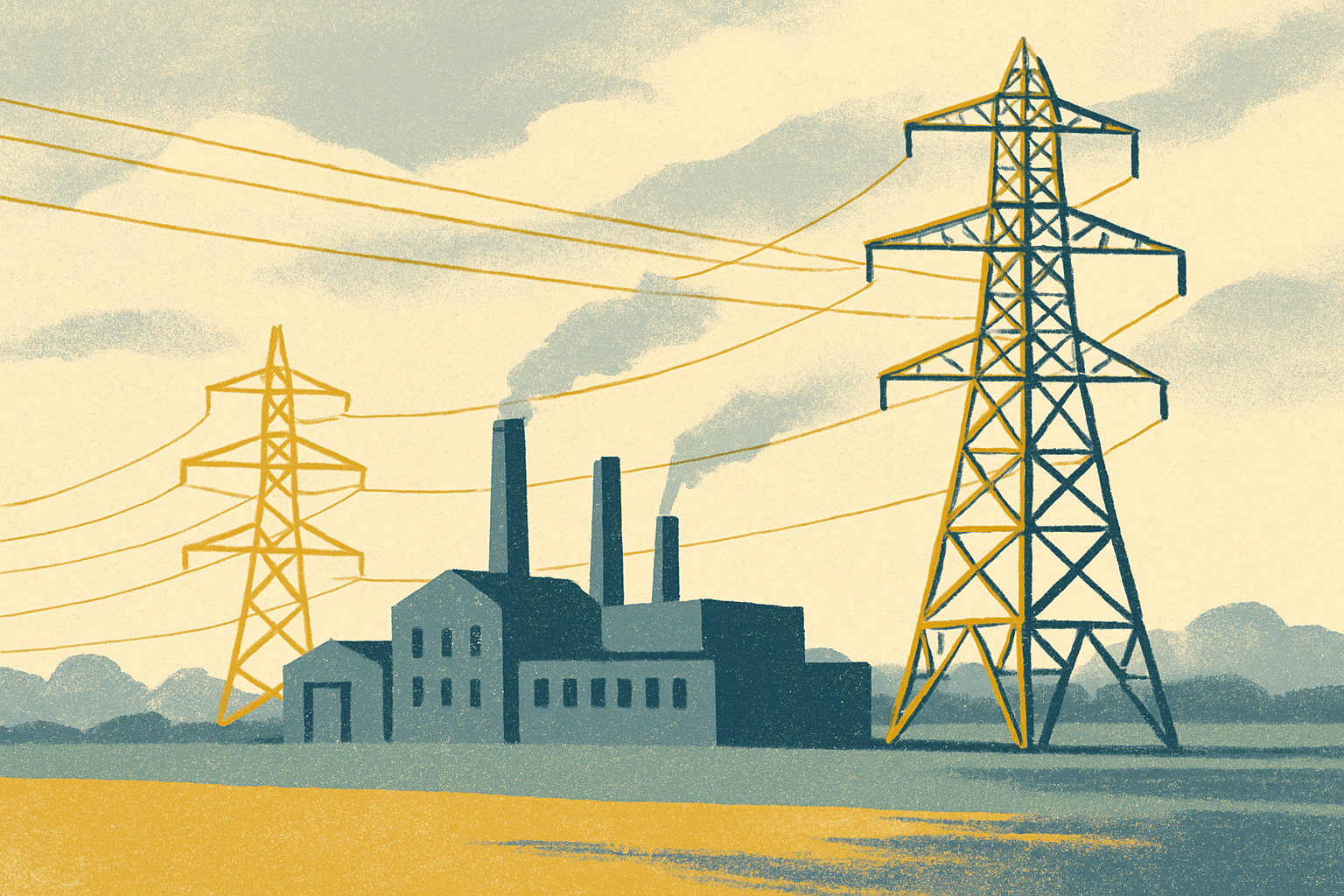UK industry leaders are sounding the alarm over the nation’s soaring industrial energy costs, warning that without immediate government intervention, the country’s manufacturing sector could face irreversible decline.
According to Make UK, the manufacturers’ organisation, UK industrial electricity prices are currently 46% above the global average and four times higher than those in the United States. This disparity is attributed to a combination of factors, including the UK’s reliance on gas-fired power stations and the structure of its energy market.
Stephen Phipson, CEO of Make UK, emphasised the urgency of the situation, stating, “If we do not address the issue of high industrial energy costs in the UK as a priority, we risk the security of our country.”
The organization is advocating for the removal of climate levies on industrial energy and the introduction of a fixed energy price to provide stability and predictability for manufacturers.
The government has acknowledged the issue and is reportedly considering measures to address the high energy costs, including the expansion of the British Industry Supercharger scheme, which aims to reduce energy costs for energy-intensive industries.
As the UK prepares to unveil its new industrial strategy, industry leaders stress that addressing the energy cost crisis must be a central component to ensure the competitiveness and sustainability of the manufacturing sector.



